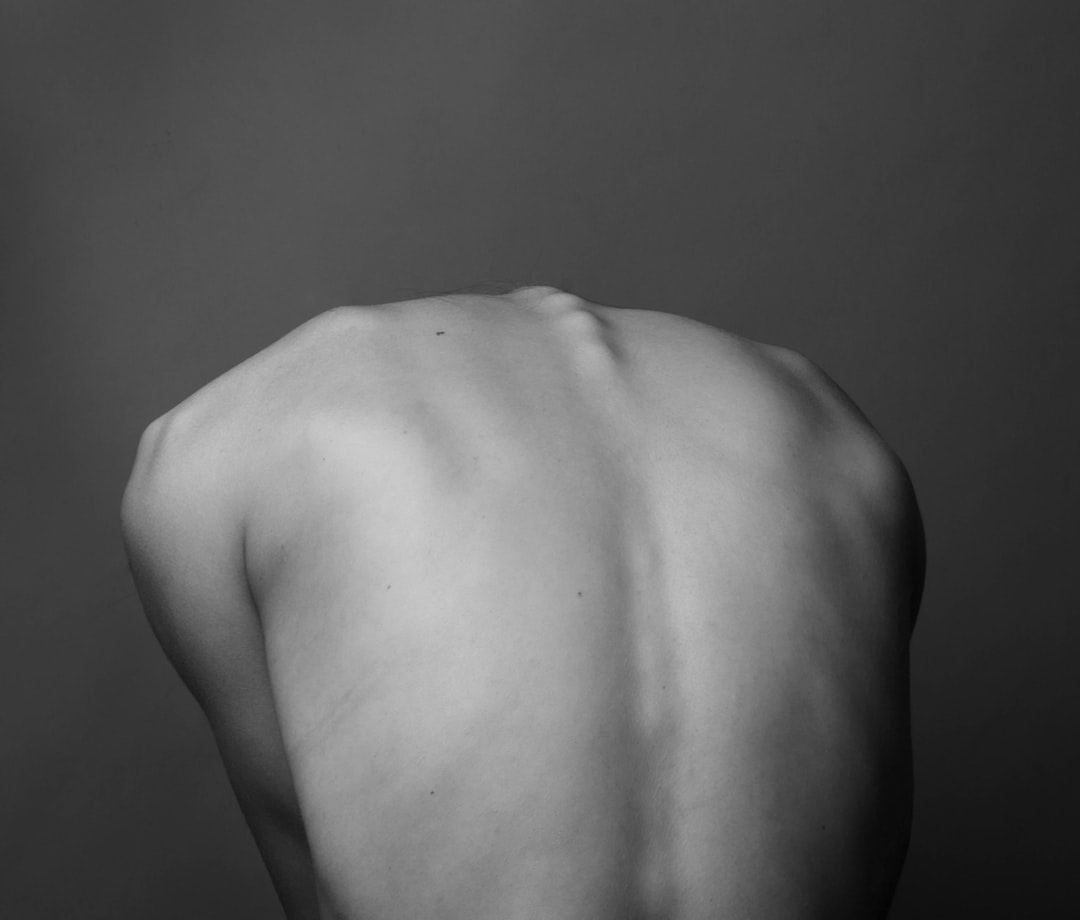When you are sad, you are perhaps a little more of yourself. It makes you a little Cartesian; your mind, it seems, is noticing that you are feeling things, and knows it will have to wait this absurdity out, until you can go back to the numb comforts of normality. You observe a rawness within and without: eyelids and nostrils, follicles and skincells — these are the external, bodily realities that represent the internal shrinking and puckering. You are sad; you are sad because something happened, something you didn’t want to happen, or did not see happening, or else you did see happening, but now that it has happened you’ve got to bridge the psycho-temporal gap between then and now, but the now keeps moving. This is sadness.

But now, you are not sad. You are depressed.1 When you tell someone that you’re feeling depressed, it is after having waited a while. When you are sad, you tell people freely. You know it’ll pass. But you are depressed; the first sign that you are depressed is the waiting to reveal the depression. When you are drunk and need to vomit, you tell yourself that you will not vomit. Under no circumstances will you vomit. You sip water; you perch on the bed-rim, not daring to move. But, soon enough, you taste the lurching inevitability of acid. It is time, and now it is time. So you tell someone, but you do not tell them that you are depressed. That word is still being negotiated, shuttled around the information superhighway of your skull. You tell someone that you are sad.
But you are not sad. You have been sad and you know what sad is and you know — though this knowing is a fragile thing, a hatchling bird de-nested — that this is not just beyond sadness but nothing whatever to do with sadness, not really. But you say you are sad because you feel the utter and exhausting need to be understood. Sad is understood. You may say ‘depressed’ if you like, but chances are the person you tell will not hear that word anyway. They will hear the word ‘sad’. So you tell them that you are sad. They do some things. They tell you that they are There For You. They tell you that You Might Need To Vent. And they might make you tea, or another beverage. They are nice to you. This is good. You like it. Except this is not true. Because when you sip the tea the you sipping the tea is the you they think you are, and you as if from above yourself almost entirely watch this falsehood sipping the tea it does not need, and the throat down which the tea roles is the throat of a liar.
Because you will call yourself things like that. When you are depressed, you will construct many versions of yourself. You sew them together like crude effigies, their sack-faces button-eyed and gash-mouthed. You make them and you say, this is my self, my whole being, this is who I really am, and you clench and squeeze as though you are trying to really become in the most physical sense possible those horrid effigies. And you look down or up to your skin-self (and you must call it that now because there are many selves now) and you laugh at it. Your laugh is a hollow bell. You laugh because you cannot believe that your skin self should be animate. Your psychic self has no drive. It can only observe. So it watches your skin-self drink tea and it imagines itself as all the things it hates the most.2
But while you are watching yourself and hating what you watch and also dreaming up horrid effigy-selves to hang from every lamppost, just so people can see — no lying this time now, people, please — who you really are, you not sleeping. Good habits wither. There is no need to take care of the skin self. Perhaps you consider eliminating it altogether. Because the skin self is in pain, you realise with a hypnogogic jerk, real, actual, physical pain, the proper stuff of agony. Your muscles are drawn archer-tight. Your jaw clicks and spasms. Your neck disappears into your vultured shoulders. You begin to turn grey, like a Victorian sky.
You do sleep. You have to. You sleep in blots and blurts. Clocks mean nothing. You awake, gnashing at the dark.
You start to push things into your skin. You bite into the back of your hand and by the time you have realised it hurts you have drawn small smiles of blood. You watch it wind into the bathroom sink and you look at this skin-self, gravity’s cruel jokes playing out on every plane. Down. Down.
So you lie, and you sleep.
Nobody calls. You hate them. You do not want them to call because if they call it will narrativise the idea that maybe there is something about you that is useful, or worthy, or decent. You stare at the phone and you dare them to call. But they do not call, and you hate them for doing this to you, for abandoning you, and then you hear the melodramatic clank of these thoughts and you hate the lack of even originality your depression has, that you cannot even be depressed without resorting to cliché.
You wonder whether you are depressed at all. You might be pretending for attention. That would be so typical of you. You would stoop so low. The effigies swing in the moonlight. All the worst versions of yourself. Let us get them out in the open. And this centering of yourself in every narrative, in every image, all. The. Time sloughs you down into another sleep.
where are you
All of this, and still you cannot describe how any of it feels, but this is in raw and urgent tension with the screaming desire you feel prickling inside you that says EVERYONE MUST KNOW. I MUST EXPLAIN WHAT THIS FEELS LIKE. IF ONLY I HAD THE WORDS. But you do not, because there are not. Because depression is the ultimate failure of language. You are the ultimate failure of language.
but I love you
Liar.
you do not have to believe me
I do not believe you.
you are depressed
I know.
i love your depression
…
i have kissed its closed eyes i have held it as it dreamed yes such horrible dreams and i know you want to go to sleep sleep sleep and wake up happy but you do not have to be anything
…
anything at all
Sleep.
sleep

This is real Alex, not stylistic-voice-in-this piece Alex. It might not need saying, but the emotions portrayed in this piece are entirely based on my own experiences and imagination and are not in any way clinical or definitive.
You know, of course, that there is no sense here. Such thoughts are common to you, depressed person. You know that your Depressed Country lies at the very hinterland of sense and perception.


